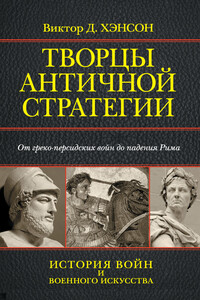Английский язык для специальных и академических целей: Международные отношения и зарубежное регионоведение. Часть 1 | страница 68
The United States has fought numerous wars since then — starting several of them — and its wartime conduct has hardly been a model of restraint. [...] The United States dropped more than 6 million tons of bombs during the Indochina war, including tons of napalm and lethal defoliants like Agent Orange, and it is directly responsible for the deaths of many of the roughly 1 million civilians who died in that war.
[...] US drones and Special Forces are going after suspected terrorists in at least five countries at present and have killed an unknown number of innocent civilians in the process. Some of these actions may have been necessary to make Americans more prosperous and secure. But while Americans would undoubtedly regard such acts as indefensible if some foreign country were doing them to us, hardly any US politicians have questioned these policies. Instead, Americans still wonder, “Why do they hate us?”
The United States talks a good game on human rights and international law, but it has refused to sign most human rights treaties, is not a party to the International Criminal Court, and has been all too willing to cozy up to dictators — remember our friend Hosni Mubarak? — with abysmal human rights records. If that were not enough, the abuses at Abu Ghraib and the George W. Bush administration's reliance on waterboarding>1, extraordinary rendition>37>>38, and preventive detention should shake America's belief that it consistently acts in a morally superior fashion. Obama's decision to retain many of these policies suggests they are not temporary aberration.
The United States never conquered a vast overseas empire or caused millions to die through tyrannical blunders like China's Great Leap Forward or Stalin's forced collectivization. And given the vast power at its disposal for much of the past century, Washington certainly could have done much worse. But the record is clear: US leaders have done what they thought they had to do when confronted by external dangers, and they paid scant attention to moral principles along the way. The idea that the United States is uniquely virtuous may be comforting to Americans; too bad it's not true.
America's Success Is Due to Its Special Genius
The United States has enjoyed remarkable success, and Americans tend to portray their rise to world power as a direct result of the political foresight of the Founding Fathers, the virtues of the


